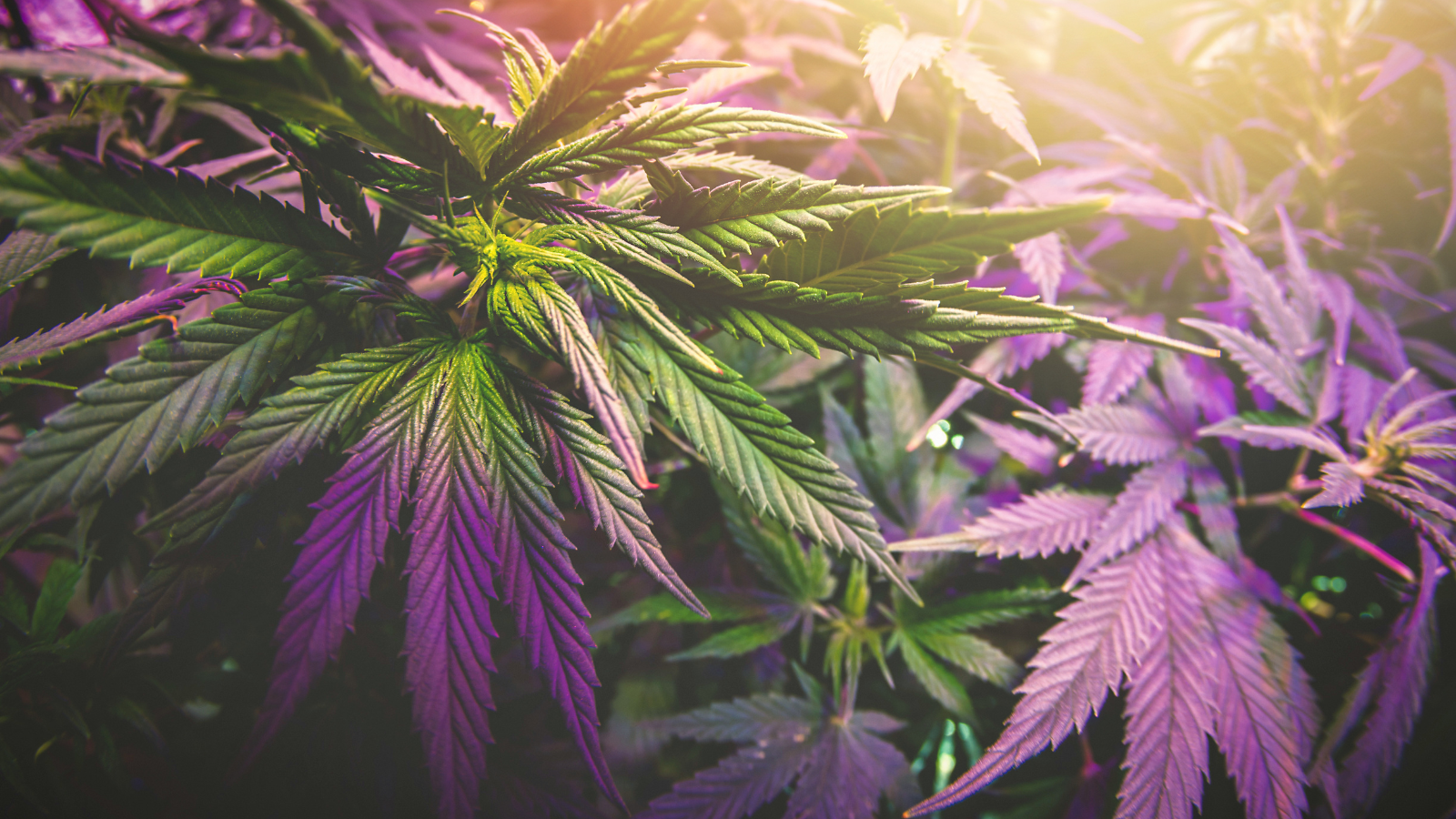Indigenous leaders in Canada are urging the federal government to amend the Cannabis Act to provide for their full participation in the industry. First Nations were largely excluded from the 2018 law that legalized adult-use marijuana. The First Nations Leadership Council (FNLC) has issued a statement requesting amendments to cover issues of jurisdiction, economic development, taxation, revenue sharing, health, and safety. The FNLC also called on the province of British Columbia to continue coordinating with First Nations to align its cannabis laws with the United Nations Declaration on the Rights of Indigenous Peoples.
Historical Exclusion from the Industry
Indigenous participation in the legal cannabis industry has been limited. Among the 755 unique cannabis corporations licensed by the Canadian government, only six were located in an Indigenous community as of last fall, or 0.8% of all licensees. Moreover, among more than 3,300 provincially authorized cannabis stores across the country, only 24 were on First Nations reserves, or 0.7% of the legal retailers in Canada.
Calls for Amendment
The FNLC argues that the legislative framework for cannabis does not reflect the recognition of First Nations’ jurisdiction over cannabis. “First Nations have inherent rights and jurisdiction to govern the cultivation, processing, sale, and consumption of cannabis in their territories,” the FNLC said in its statement. “Despite persistent advocacy, First Nations’ distinct rights and unique needs were ignored by colonial governments during the legalization of cannabis.”
The FNLC is requesting that the government provide a regulatory framework that is inclusive of First Nations. Indigenous businesses are faced with excessive taxation and onerous regulations that have made it difficult for them to access the benefits of legalization. These challenges have also created barriers for ensuring community health and safety.
Possible Amendments
The FNLC is proposing a range of amendments to the Cannabis Act. These include:
Jurisdiction
First Nations should be granted the authority to govern the cultivation, processing, sale, and consumption of cannabis in their territories.
Economic Development
The federal government should create economic development programs to support First Nations participation in the cannabis industry. This could include training and education programs, access to capital, and other resources.
Taxation
Indigenous businesses should be provided with tax incentives and other benefits to ensure that they can compete in the industry. Taxation rates should also reflect the unique challenges and opportunities faced by First Nations businesses.
Revenue Sharing
First Nations should be entitled to a fair share of the revenues generated by the cannabis industry. Revenue sharing agreements should be negotiated with Indigenous communities to ensure that they benefit from the industry.
Health and Safety
The government should provide funding for education programs that promote responsible use of cannabis. This should include initiatives to address the potential risks of cannabis use and to provide support for those who may be struggling with addiction.
Moving Forward
The FNLC has called on the federal government to take action to ensure that First Nations can fully participate in the legal cannabis industry. By providing a regulatory framework that is inclusive of Indigenous communities, Canada can create a more equitable and sustainable industry that benefits all Canadians.
Conclusion
Canada’s legal cannabis industry has largely excluded Indigenous communities. The First Nations Leadership Council is calling for amendments to the Cannabis Act to allow for Indigenous participation in the industry. These amendments should cover issues of jurisdiction, economic development, taxation, revenue sharing, and health and safety. By working with Indigenous communities, the government can create a more inclusive and equitable industry that benefits all Canadians.



COMMENTS